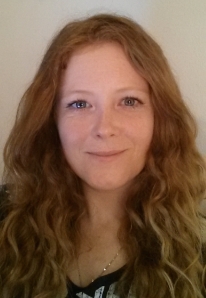Can you tell us a little bit about the work in your thesis?
One of the challenges of modern cosmology is to interpret observations in a consistent and model-independent way. There are several assumptions in interpreting cosmological/astrophysical data. For example, it is often assumed that Einstein’s theory of gravity is the correct theory of gravity. Furthermore, fundamental to cosmology is the assumption that the universe is homogeneous and isotropic on the largest scales and hence, this is the correct starting point to interpret cosmological data. To test these assumptions, approaches are needed, which work in a model-independent way. Broadly speaking, my thesis addresses these questions.
Thinking back, what was the most interesting thing that happened during your PhD?

Dr Viraj A A Sanghai is a postdoctoral fellow working on theoretical cosmology at Dalhousie University in Halifax, Canada
The most interesting thing that happened during my PhD was the discovery of gravitational waves by LIGO, due to the merging of two black holes. This opened up a new avenue into testing Einstein’s theory of gravity and started the new field of gravitational wave astronomy. Before this, all our astronomical observations relied on electromagnetic radiation. This discovery is helping us to have a deeper understanding of our Universe. Consequently, the Nobel Prize in Physics was awarded for this discovery. Continue reading





You must be logged in to post a comment.